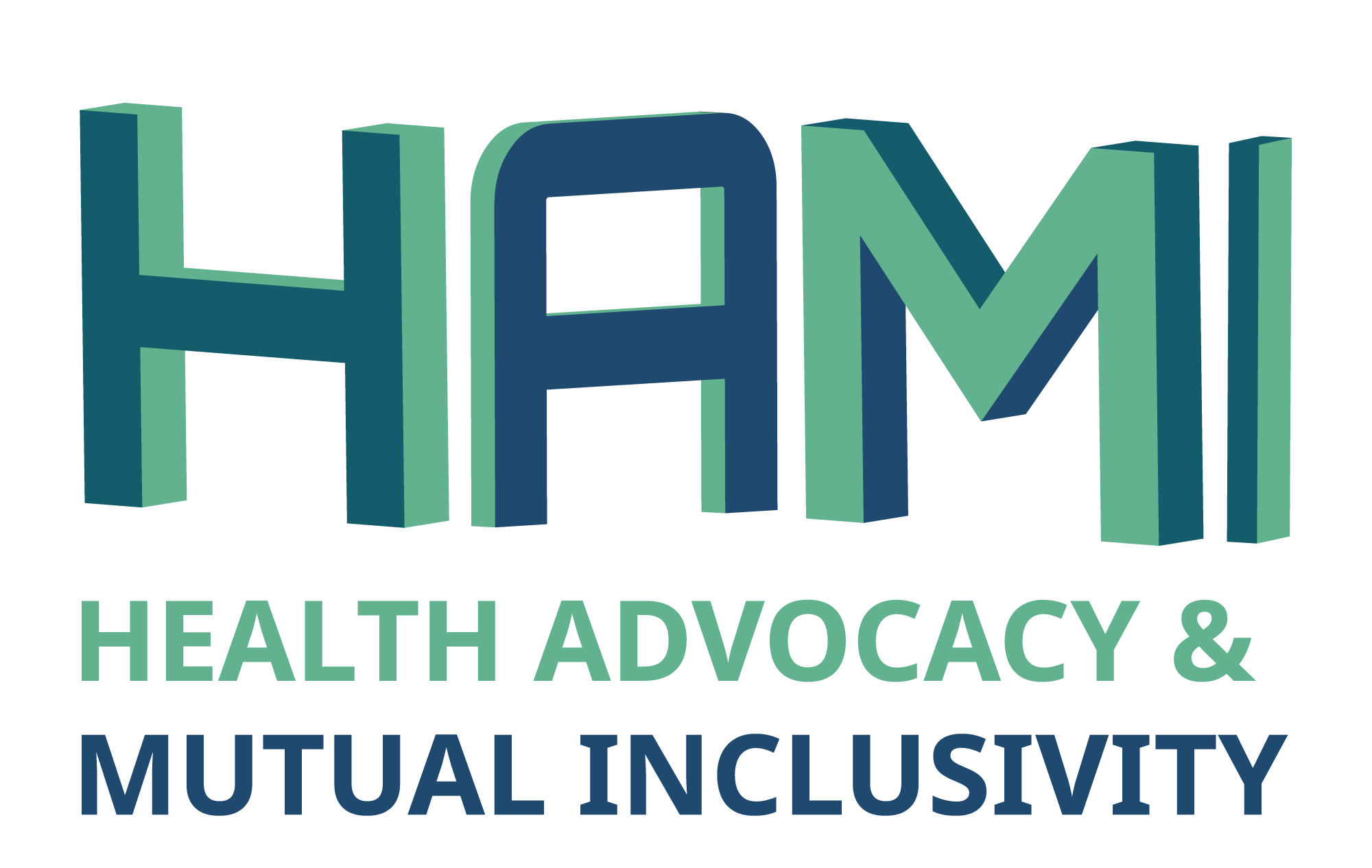What must you keep top of mind to have meaningful conversations with donors who (you hope!) may contemplate a gift to your organization?
I’ve given you a hint within my question.
One word: meaningful.
And for a conversation to be meaningful, you have to speak in a language that resonates with the other person.
And what is it that resonates more strongly than just about any other emotion?
LOVE.
To get folks to “YES” you need to learn the meaningful language of love and apply it to gift planning.
The word philanthropy literally means, from the Greek, the feeling of love (philos) towards humankind (anthropos).
It’s not just about HOW people give, but WHY.
What is it about your organization’s values, as enacted, that your donor is most passionate about? How can you, as a philanthropy facilitator, make it easy for the donor to meaningfully express their feelings and passions?
Planning is involved, both on your end and the donor’s.
Passionate philanthropy is seldom a spur of the moment action.
No one just gets up one morning and decides to give away $10,000, $100,000 or $1 million.
Or let’s just stipulate it’s relatively rare.
Rather, would-be philanthropists consider how making a particular gift at a particular point in time may match their values and help them accomplish their objectives, personal and philanthropic.
Anyone who contemplates a major, or stretch, gift plans ahead.
For purposes of this gift planning article, let’s consider your audience to be prospective major (outright) and legacy (deferred) gift donors.
Let’s try an experiment.
Think of one donor with whom you’d like to have a deeper conversation about making a meaningful gift.
Thinking?
I’ll wait.
Got someone?
Okay.
Picture them in a place where you’d like to meet them.
Is it their home? Their office? Your office? A café? On the phone? Over Zoom?
Think about what’s realistic with this person, and what they might prefer.
Make sure this is an opportunity to talk one-to-one.
And not a group setting, like an event, volunteer activity or committee meeting. Those conversations can be useful, but they’re seldom deep.
Got an idea of who you’re speaking with and where you both are?
Good.
We’ll get back to this prospect in a moment.
First, let’s consider the language donors speak: philanthropy
Again, the literal translation of the word from the Greek – love of humankind— is how I most prefer to characterize folks who take a “voluntary action for the public good.” This latter phrase is how Robert Payton, the first full-time Director of the Lilly Center for Philanthropy at Indiana University, defined philanthropy. He saw philanthropists as people with a spiritual (not necessarily religious) calling. Philanthropy seen as a special kind of occupation — a vocation.
Philanthropy isn’t incidental; it’s part of these folks’ essence.
It’s action oriented, done absent coercion, and for the benefit of the public good.
Philanthropists are passionate lovers.
And for them to feel and express their love, it’s your job to connect them with their passions.
